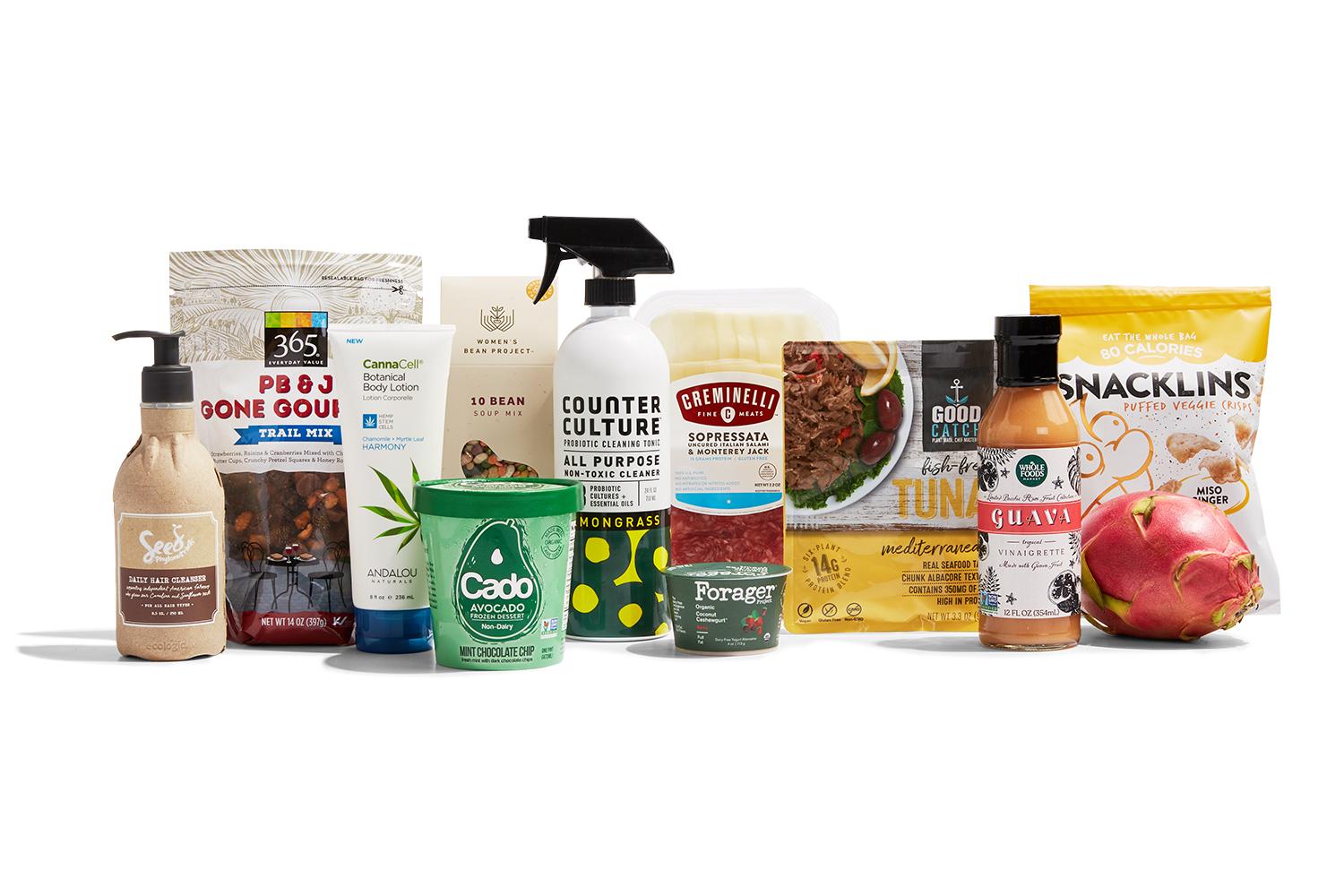
It’s the time of the year when everyone is looking ahead at what the New Year will bring. Whole Foods Market recently released predictions for the top food trends of 2019, as selected by the retailer's team of global buyers and experts.
Many of the 2019 food trends are related to responsible and sustainable sourcing, from production to packaging. Here’s a closer look at three of these trends.
Eco-packaging
“Some movements start as trends, then become necessities. This is one of them,” says the Whole Foods press release announcing 2019’s top trends.
Certainly, sustainable packaging is quickly becoming more and more of a necessity, as single-use plastics continue to take their toll on the environment.
Dozens of food and beverage companies have joined the OSC2 Compostable Packaging Collaborative to make important advances in flexible product pouches.
The company LunchSkins helps consumers stay sustainable when repacking their groceries in their lunchboxes, with reusable bags (each one replacing 500 plastic bags) and plastic-free recyclable paper bags for sandwiches and snacks.
Whole Foods is continuing to make their in-store packaging more eco-friendly, as well. Many produce departments are going “BYOVB” (Bring Your Own Vegetable Bag). Some stores across the country are testing recyclable sipper lids for beverages, which eliminate the need for plastic straws.
Plant-based protein substitutions: surf-and-turf edition
Move over, meat. Jerky and pork rinds are popular protein-packed snacks, but they are facing competition from more plant-based alternatives:
“Experts noted more people — even those who don’t eat only vegan or vegetarian — are exploring plant-based snacking as their palates crave adventure, want a break from meat or seek more ways to add savory umami flavors into snacks and meals,” Whole Foods states in the trend forecast.
Mushrooms are becoming one of the most popular vegetarian swaps for meat, thanks to their texture and flavor.
And while grocers have increased their sustainable seafood offerings, plant-based fish alternatives also will be big in 2019, according to Whole Foods’ report.
One of the most anticipated product launches next year is Good Catch’s Fish-Free tuna. This revamped lunchtime staple relies on a proprietary blend of six legumes for texture, and sea algae oil for omega-3 fatty acids and umami.
Ocean’s Halo offers a variety of vegan, kelp-based broths, condiments, snacks and sauces. Two percent of profits benefit the Monterey Bay Aquarium’s Children’s Education Fund, encouraging future generations to support ocean conservation.
People-focused purchasing
“Shoppers expect more from the brands and businesses they choose to support,” Whole Foods’ report says. “In 2019, thoughtful consideration behind purchases moves beyond (but doesn’t exclude!) environmental stewardship and animal welfare, and becomes more people-focused.”
Greyston Bakery is one such people-centered business. The 35-year-old bakery is known for its Open Hiring Model, providing jobs for anyone facing barriers to employment – no questions asked.
Kuli Kuli is another Whole Foods supplier bringing opportunity to communities. The company produces organic moringa powder, which is grown and processed by women in West Africa and Haiti. Kuli Kuli has provided more than $1.5 million in income to women-led farming cooperatives, nonprofits, and family farmers.
Partnering with the Whole Planet Foundation, popular Whole Foods suppliers like Chobani and Papyrus-Recycled Greetings say they alleviate poverty through microcredit loans for women around the globe.
Image Credit: Whole Foods Market

Megan is a writer and editor interested in sharing stories of positive change and resilience. She is the author of Show Up and Bring Coffee, a book highlighting how to support friends who are parents of disabled children. You can follow her at JoyfulBraveAwesome.com.














